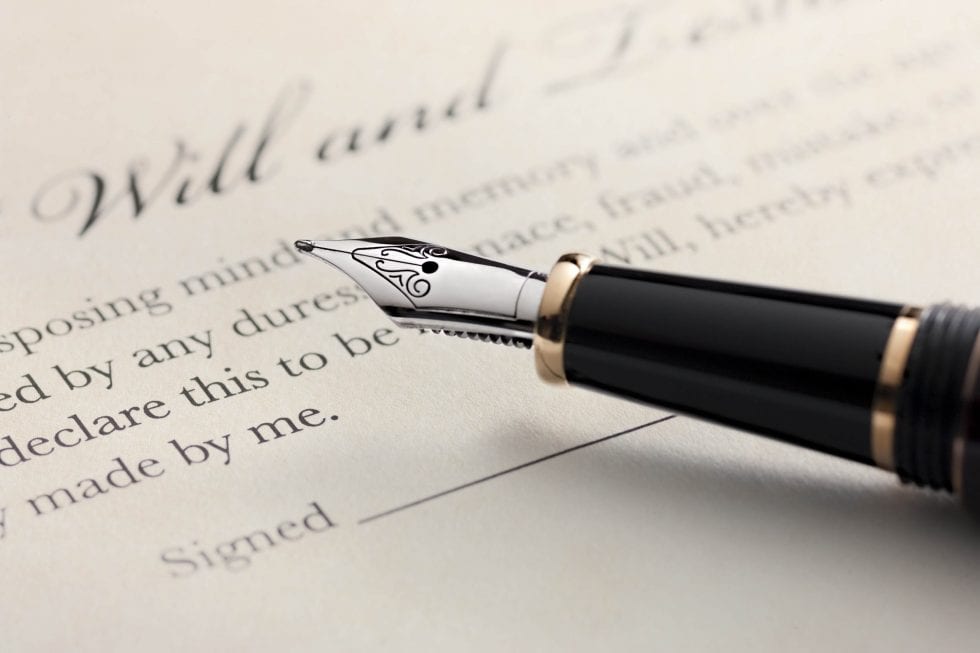Your Guide to Charitable Giving Tax Efficiently
With careful planning and administration, it is possible for both individuals and companies to achieve the dual objectives of helping a chosen charity and saving tax. There are various ways this can be done and what is the most effective, will depend on your particular circumstances.
It is always important to take advice if charitable giving is going to form part of your tax strategy. It’s also as important as ever, to keep meticulous records and claim any relief in the appropriate way (which can, at times, feel a little complicated).
The basic provisions for individuals
You can make donations to a charity or to Community Amateur Sports Clubs (CASCs). The donations will be tax free (known as tax relief). You can donate in the following ways:
- Payroll Giving scheme
- Gift Aid
- By donating land, property or shares
- By donating in your will
This also applies to sole traders and partnerships. If you want to donate to a sports club, check first to make sure it’s registered as a CASC.

Payroll Giving
Many employers run Payroll Giving schemes and they are a flexible way for employees to make regular donations. Such schemes are relatively easy to set up and administer. The donations can be varied or a regular set amount and to a charity the employee chooses.
Donations are taken from your gross pay. The amount of tax relief you can claim will, of course, depend on your rate of tax. Therefore, if you are a higher rate taxpayer it will cost you 60p to donate £1.
If you are a higher or additional rate taxpayer, you receive automatic relief. However, you can’t donate to a CASC this way.
Gift Aid
If you donate to a charity or CASC via Gift Aid, they can claim back the tax (25p for every £1) and it’s a popular method for the self-employed. You do need to ensure that your donations are no more than 4 times what you have paid in tax in the tax year of the donation.
If you’re paying higher rate or additional rate tax and you decide to donate via Gift Aid, you can reclaim the difference between your tax rate and the basic rate (20%), on the gross value of your net cash gift.
This is often misunderstood or gets overlooked. For example, if as a higher rate taxpayer, you donate £800, that amount is deemed to be £1,000 (the amount before tax). You can then claim personal tax relief on the gross donation amounting to £200 (£1000 x (40% less the 20% basic rate to be claimed by the charity)). The donation therefore costs you £600, but the charity receives £1000 (£800 + £200).
Claiming relief on this year’s donations
You can also claim tax relief on donations you are making in the current year when completing your previous year’s tax return. This will apply if you just want the tax relief sooner or if you won’t be due to pay tax at the higher rate this year, but you were in the previous year.
This might be of assistance for example if last year your income was over £100,000 and as a result you have lost part or all of your personal allowance. Your donation may be enough to bring your taxable earnings under the £100,000 thereby mitigating your tax liability.
Land, property and shares
You can claim Income and Capital Gains Tax (CGT) relief on land, property or shares that you donate or sell to a charity (under the market value).
In terms of Income Tax, you can deduct the amount of your donation or sale from your taxable income to reduce your Income Tax. With CGT, you may have to pay some tax if you sell for more than the land, property or shares cost you but less than their market value.
No carry back
Unlike cash donations under Gift Aid, there is no facility to ‘carry back’ a gift of shares, land, etc. to the previous year. Therefore, if the value of the relief exceeds your ability to use that relief against ‘in year’ taxable income, you may lose some or all of the relief. In such circumstances, it may be worth staggering the gifts over more than one tax year.
If someone connected to you, the donor, receives any benefit as a result of the donation, this may also reduce the tax relief available.
Your Will
Lifetime and death transfers of property to a UK established charity are exempt from Inheritance Tax (IHT). For transfers on or after 1 April 2012, the exemption includes transfers to charities established in the EU, Norway or Iceland that meet the UK’s new tax definition of a charity. From 31 July 2014, Liechtenstein has been added to the list.

Gifts to charity are deducted from the value of the estate before applying the nil band and calculating the IHT due. There is no limit on how much can be gifted and as a result, charitable gifts can be used to entirely eliminate any IHT liability.
Alternatively, if you donate a sum equivalent to 10% or more of your estate, it will reduce your Inheritance Tax rate from 40% to 36%.
For example, if your estate is worth £425,000 and you claim your full Inheritance Allowance of £325,000, your estate is liable for IHT of 40% on £100,000. But if you gift £10,000 to charity (10% of your net estate of £100,000), your IHT will reduce to £32,4000. You have thereby supported your chosen charity and reduced the IHT liability.
Limited companies
If you’re considering charitable giving, another option you might want to consider is making a donation to charity or a CASCs via your limited company. You may be able to reduce your Corporation Tax by doing so.
You can give money, equipment or stock, land, property, shares (in a company other than the one claiming relief), seconded employees or sponsorship. You can then deduct the value of your donations from your total business profits.
Cash donations can’t include loans to be repaid, conditional payments (i.e. the charity must comply with conditions the company sets), dividends or other distribution of profits. If you get something in return for your donation it must be of a certain minimum value for you to be able to claim the relief.
Equipment and trading stock
If you donate equipment, it must have been used by your company (i.e. office furniture, computers) but you can claim full Capital Allowance on the cost of the equipment. You can also donate your trading stock, or in other words, the products your company makes and sells. You can then deduct the full cost of the stock from your business profits before you pay tax.

If you donate this way, be aware that you still need to account for any VAT. With stock, you can apply zero rate VAT if the items are for sale, hire or export by the charity. That means you can reclaim the VAT.
Shares, land or property
If you decide to donate or sell land, property or shares in another company (a company other than your own), you don’t have to pay tax on capital gains and you can deduct the market value of the gift from your business profits pre-tax. Slightly different rules apply if you are donating or selling to a CASC: you cannot then deduct the market value of the gift from the company’s pre-tax profits.
You also need to keep records in respect of the gift or sale for at least 6 years.
Seconding employees and sponsorship
One last area you might want to consider is donating employee time. If an employee is seconded to or volunteers for a charity during work time, you pay them as usual but can subsequently deduct the costs from the company’s taxable profits. This does not apply to CASCs.
If your company decides to sponsor a charity you can then deduct sponsorship payments from your business profits pre-tax by treating them as business expenses.
In order to qualify as business expenses, the charity must:
- publicly support your products or services,
- allow you to use their logo in your own material,
- allow you to sell your goods or services at their event or premises, or
- link from their website to yours.
An act of charity
The options for charitable giving are many. With some considered planning, the right approach can form an important part of your tax strategy, as well as bringing you a level of personal fulfilment.


